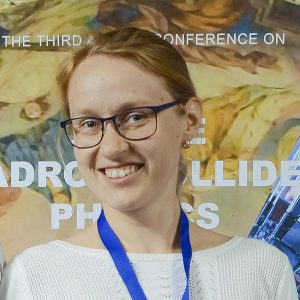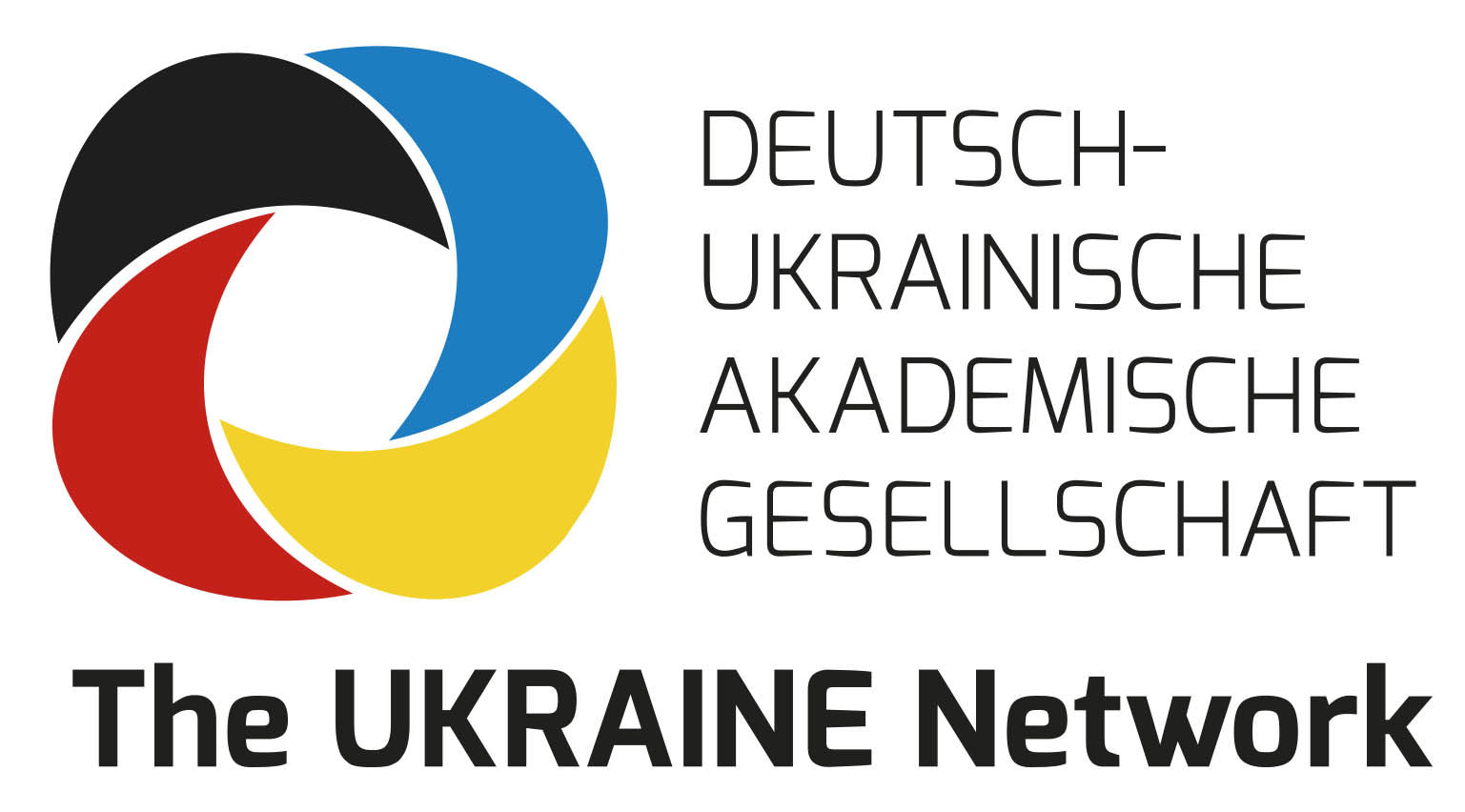
With her ERC funding Dr Lesya Shchutska (ETH Zürich/ CERN) will exploit the capabilities of the Large Hadron Collider (LHC) at CERN to search for new particles, so-called Majorana neutrinos. This research is important in the quest to understand the nature of dark matter, it can potentially explain the matter-antimatter asymmetry of the universe and hopefully answer questions about the origin of neutrino masses. With this support Lesya will establish and lead a new multisignature research programme at the CMS (stands for the Compact Muon Solenoid, which is a general-purpose detector at the LHC).
Lesya’s interest in physics led her to pursue high-school education in Vinnytsia Physics and Mathematics Gymnasium No. 17. In 2002 she won the Bronze Medal at the International Olympiad in Physics. She graduated the Moscow Institute of Physics and Technology with an MSc degree in Elementary Particle Physics and gained her PhD in the same subject from the EPFL (Ecole Polytechnique Fédérale de Lausanne). She carried out her postdoctoral research at the University of Florida, and since February 2017 she joined the ETH Zürich as a Senior Research Associate. Lesya is the LPC Distinguished Researcher. She joined the CMS at CERN in summer 2012 and since then has been actively searching for a new physics with leptonic final states: strongly and electroweakly produced supersymmetric particles. Since September 2017 she is serving as a SUSY group convener in CMS experiment. Furthermore, Lesya is an active promoter of science: she gave lectures about the CMS detector to Ukrainian teachers within the CERN Teachers Program (please note the next event will take place on 3-9 December 2017).
